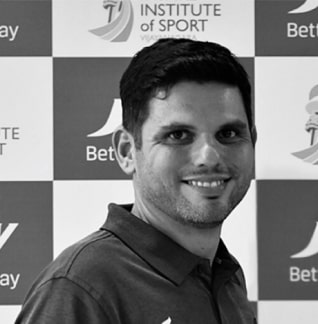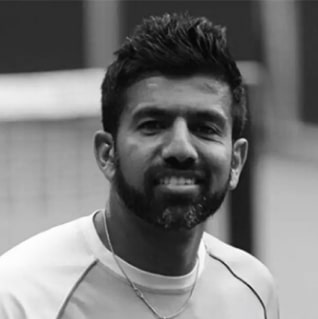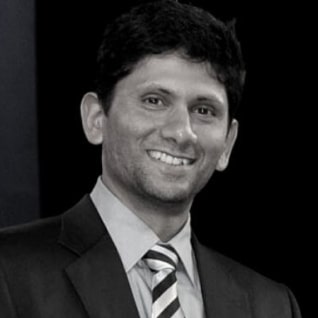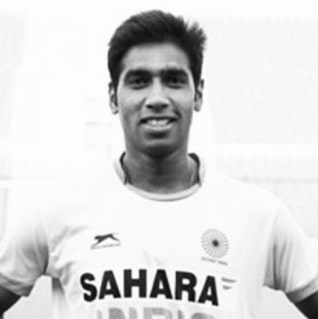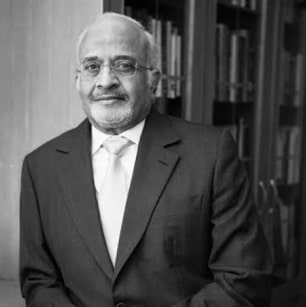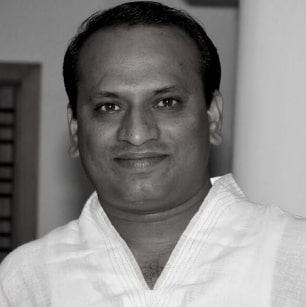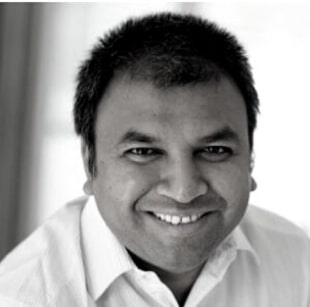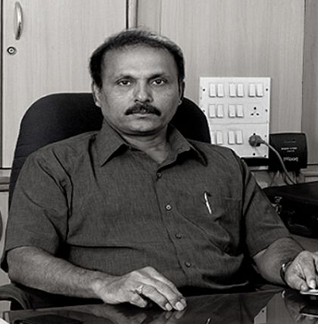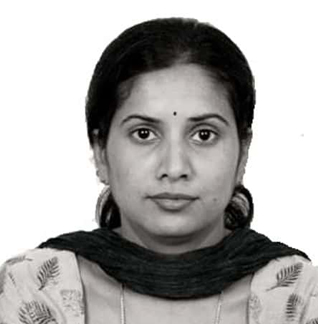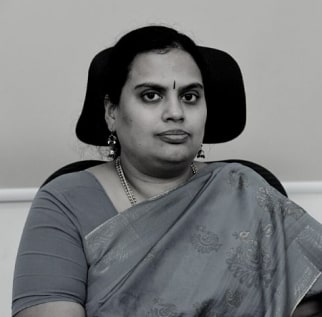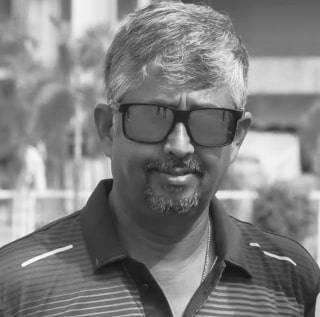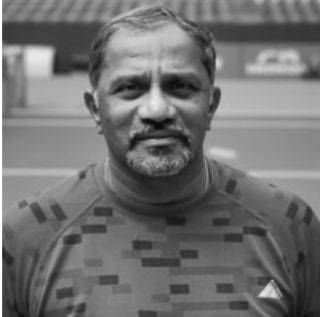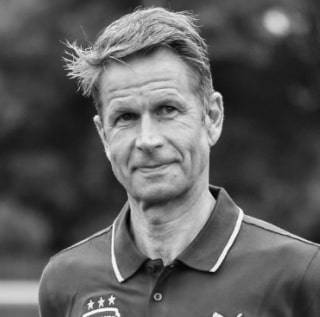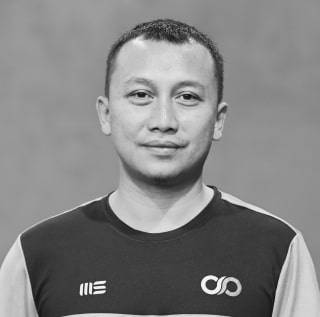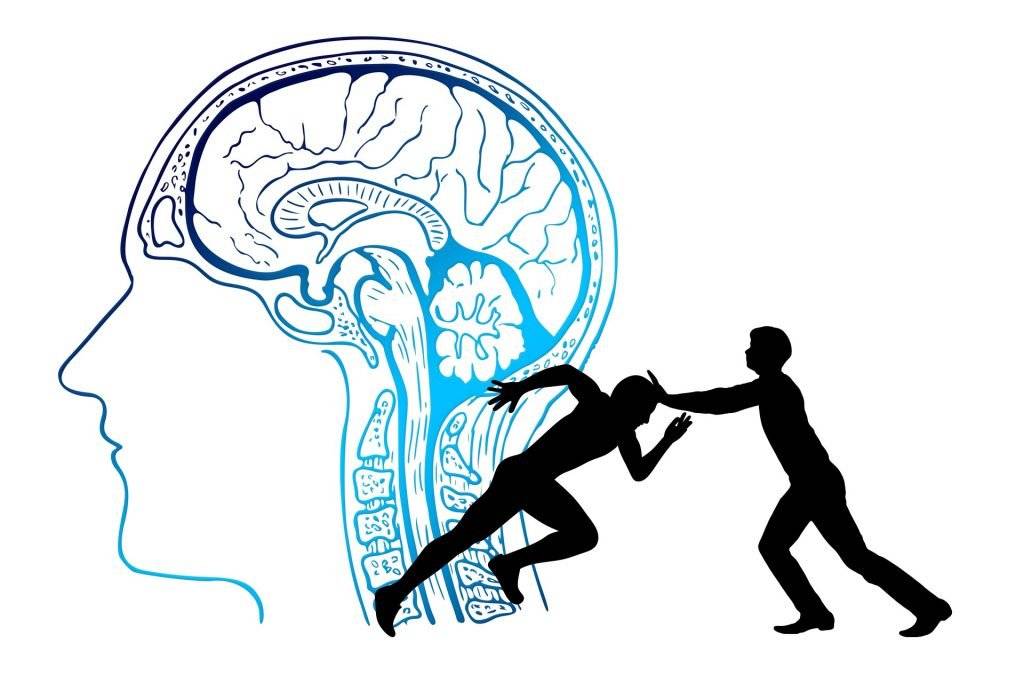
5 Symptoms of Mental Health Issues for Athletes
Are you unknowingly perpetuating the Mental Toughness Stigma in your Young Athlete?

Imagine an athlete taking time to recover from a sprained ankle or broken wrist. You think they deserve a break, don’t you? Of course, they do. Their bodies need time to heal. Physical injuries come with a clear understanding that they cannot be ignored.
But how do we see them when athletes need to step away to tend to their mental health needs? “Man up”, “You need to be mentally tougher”, “Sports is not for the weak” are often the advice hurled at them. Emotional distresses are not diagnoses that are evident on an X-ray or MRI, but they can be as challenging or debilitating as a physical injury. Too often, however, these issues are ignored in sports in the name of grit.
But thanks to world champions like Simone Biles and Naomi Osaka, the mental health vs. mental toughness conversation broke ceilings in recent times when these sports prodigies withdrew from the Tokyo Olympics and the French Open respectively, to cater to their mental well-being. Among the many debates and controversies that rippled with their revolutionary self-care decisions, a much-needed aspect was brought to light.

“Athletes are humans too, and they’re not immune to the stressors of life.” But the unique sporting culture, that celebrates mental toughness and encourages perfectionism, tends to create an atmosphere of discounting athletes’ mental health needs. Consequently, many athletes realize yet won’t actively seek mental health help because they tend to view it as the opposite of being mentally tough. And if not them, others around them convince them so.
Now let’s give this a good thought. If injuring one’s shoulder doesn’t necessarily imply the muscles were weak, why do encountering emotional distresses have to be viewed as such? Just as something can impact the shoulder and cause it to hurt, some experiences can impact the human mind to be wounded too.
So as parents, coaches, or others who are vested in your young athletes, here’s how you can identify if they might be struggling with stress, anxiety, or depression-like challenges in ways that people can see an X-Ray for a broken bone. Look out for the following changes, the 5 Symptoms of Mental Health Issues for Athletes:

• Sleeping problems
• Irritability
• Low energy
• Changes in eating
• Loss of interest in activities they earlier enjoyed
Sometimes, at its very basic, you may see it just as a distraction, which mostly gets noticed when they show in a poor score or sub-standard performance despite better ability. For example, a footballer who suddenly can’t make a pass or a tennis player who develops the “yips” and misses an easy shot. However, for some sports like artistic gymnastics, such distraction can be rather catastrophic.
Hence, as adults who want our young athletes to achieve greatness, it’s important to remember that a great athlete is a physically and mentally healthy one. And mental health entails the same ‘rest to recover’ philosophy as physical health does. Evidence suggests that young people compete more intensely in sports, and as a result gains in mental wellness may often be replaced by mental health challenges, particularly for competitive athletes with about 33% of school and college athletes reporting mental health difficulties in a recent worldwide survey.
This makes it important for us to understand that our young athletes deserve to take some time to sort things out for themselves or relax from the constant pressure to prove and stay ahead of their competitors. Offer them the psychological safety to express their emotional struggles, help them understand that it is possible to be mentally tough and yet encounter mental stress. Allow them the freedom to simply sit and watch instead of actively playing for a bit. Excellence has no recipe but it indisputably necessitates a healthy mind and body.
I thus request the new generation of sports parents and coaches to be mindful to notice if our young athletes are fighting any silent battles and offer them the time and space to recover their happy and healthy mindsets. Let’s join hands to remind our little ones that the biggest sportsmanship lies not in defeating others but in endeavoring to better themselves, technically, tactically, physically, and mentally!
~By Adrita Banerjee, Sport Psychologist, CSS
Know more about Sports Science Center at The Sports School. Click here!



